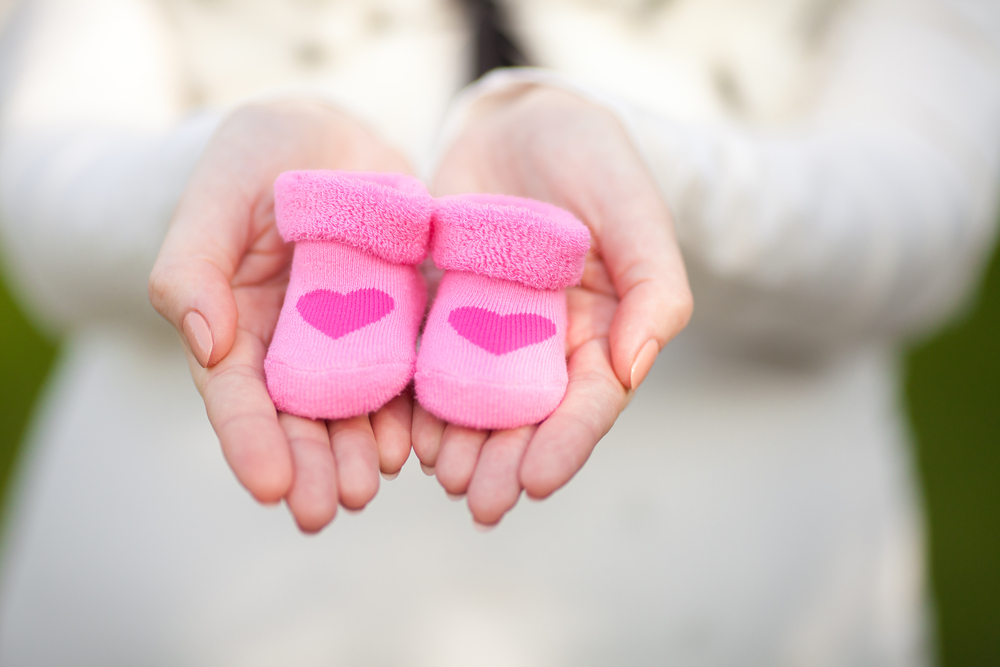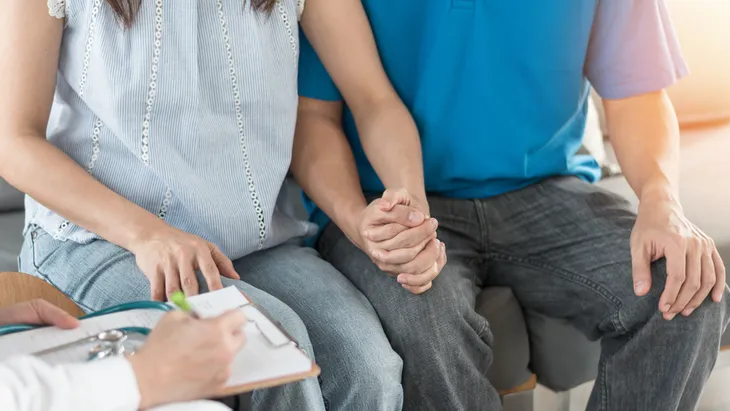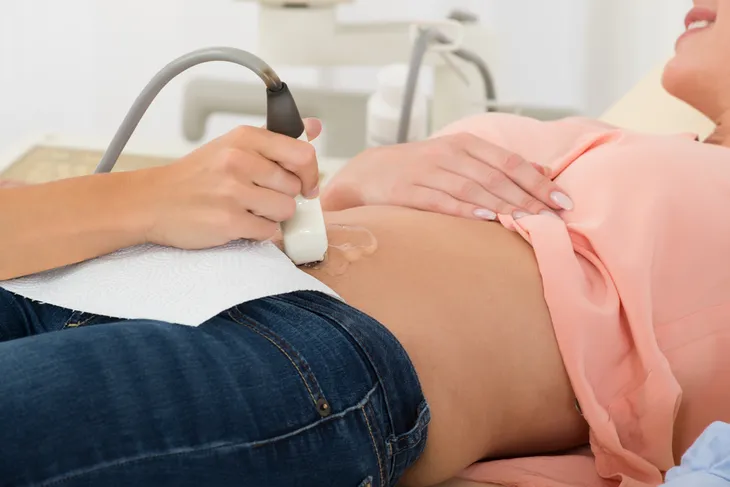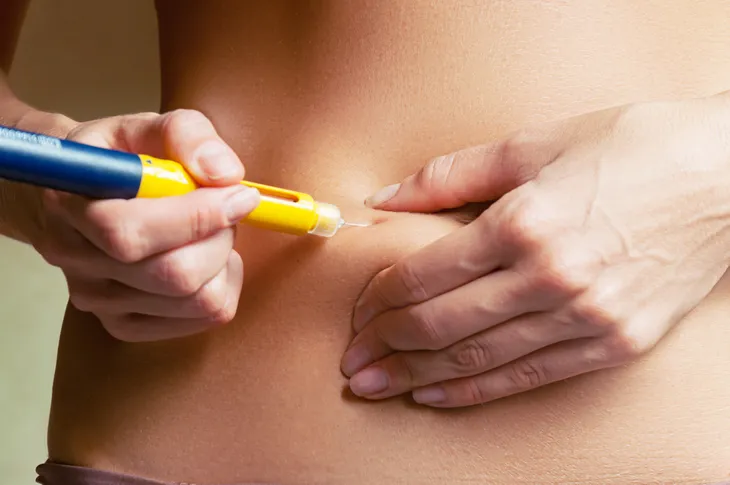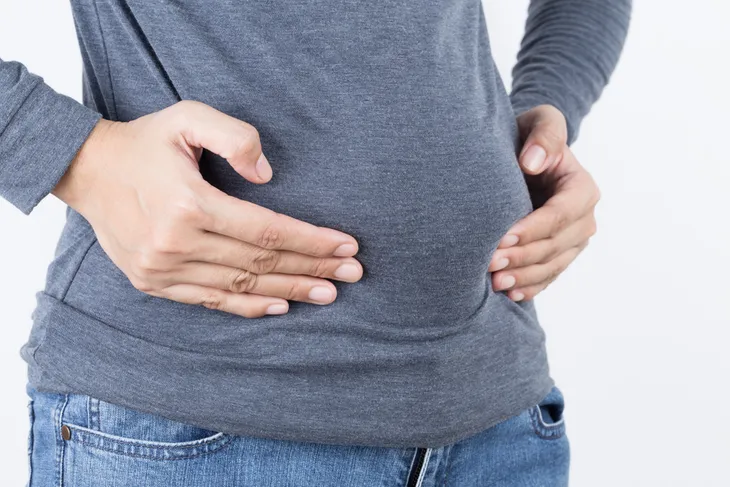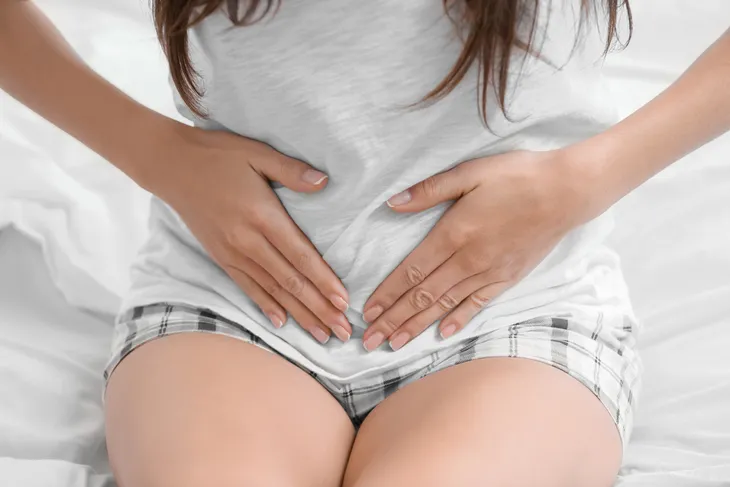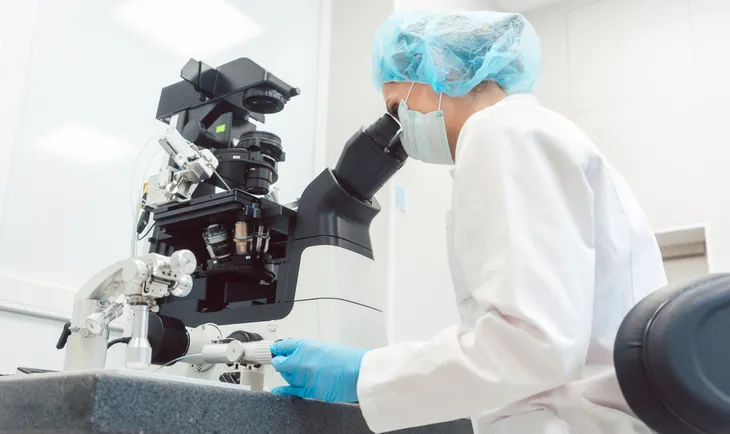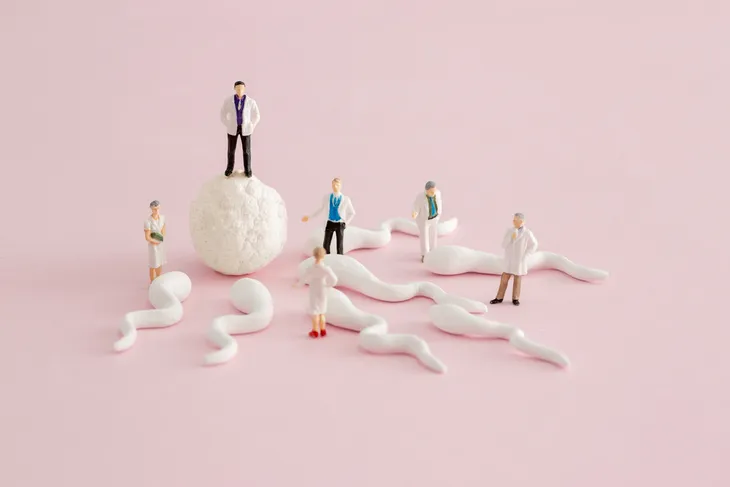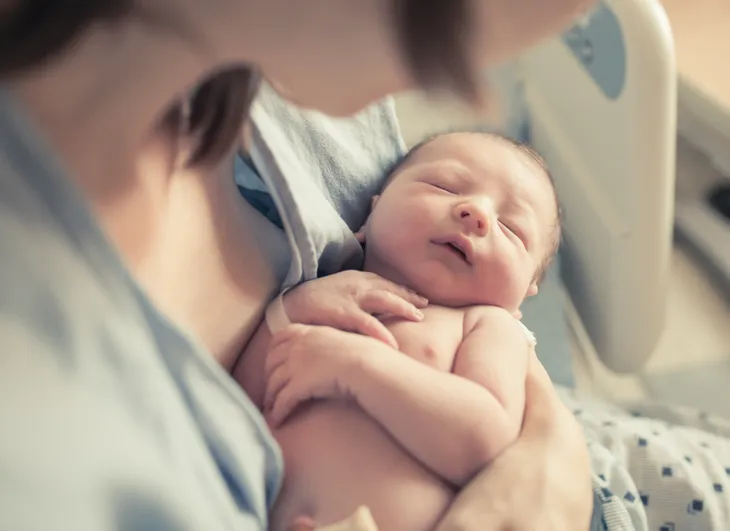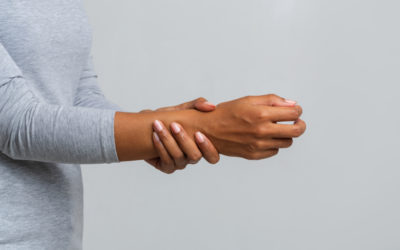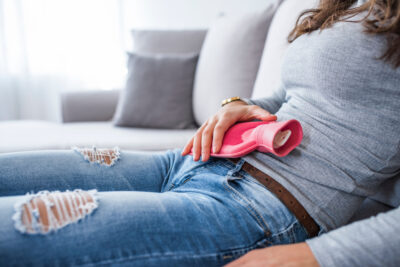No doubt the move from Google and Facebook to offer coverage for employee egg freezing (a procedure known medically as “oocyte cryopreservation”) got a ton of media attention this week. The coverage is meant to cover egg freezing only, a process that can cost upwards of $12,000 with additional costs for storage and fertility drugs, embryo implantation, and additional freezing procedures if needed.
With so much controversy surrounding the empowerment and free choice of women working for in the high tech industry—the egg freezing process and health concerns surrounding the extraction and preservation of eggs was somewhat lost.
This article is not meant to add fuel to the controversy surrounding women’s rights—it’s meant to provide a clear picture of the egg freezing procedure, as well as the reasons, associated risks and side effects, and success rate of oocyte cryopreservation…
The Reasoning Behind Egg Freezing
While women at Facebook and Google may want to freeze their eggs in order to put off having a family now to focus on their careers, woman choose oocyte cryopreservation for many reasons. For instance, a cancer diagnosis may call for radiation, chemo, and surgery, hindering a woman’s family planning in the present.
Exploring the Egg Freezing Option
If a patient expresses interest in the egg freezing process, she will usually require a referral to a reproductive endocrinologist by her family physician. There, she should be fully educated on the process and risks. Typically, a series of blood tests and ultrasounds will help determine the quantity and quality of her existing eggs.
Ready Eggs for Extraction
To prepare eggs for extraction, the specialist will typically prescribe a daily self-injection of follicle stimulating hormone (or FSH) 10 days prior to extraction. Regular ultrasounds will also be taken to determine when eggs are ready for extraction.
The Egg Freezing Procedure
Infertility specialists at San Francisco’s Pacific Fertility Center, liken oocyte cryopreservation to drawing blood. The entire procedure takes about 10-minutes and the patient is sedated throughout. However, to extract eggs, a needle is inserted roughly an inch into the vaginal wall and ovaries by the reproductive endocrinologist.
Patient-Reported Side Effects
Many women report side effects associated with the FSH hormone injections—breast and ovary pain and tenderness, bloating, nausea, and gas are all common. Experts generally claim that the more eggs produced, the more severe the side effects tend to be. Physicians recommend taking the extraction day off work, but most women return to work the following day with mild lingering discomfort (i.e., abdominal pressure and bloating) for roughly one week.
Egg Extraction Patient Risks
Dr. Sara Pittenger Reid, a San Francisco Bay-based reproductive endocrinologist, claims that egg freezing and in vitro fertilization (or IVF) share similar surgical risks (i.e., damage to the ovaries, bleeding, and infection). During egg extraction, bloating and a full feeling on the abdomen typically occurs. However, if a women hyper-responds to fertility injections, ovarian hyperstimulation syndrome (or OHSS) can occur, where the ovaries become swollen and painful, resulting in rapid weight gain, abdominal cramping, vomiting, nausea, bloating, and breathlessness.
Ideal Age for Egg Extraction
There’s a lot of debate around the ideal age for egg extraction and freezing even in the fertility field. Many experts claim that the best time to extract eggs is prior to age 25, reporting declining egg quantity and quality starting at age 35 and again after age 38.
Experts in infertility and reproductive endocrinology at University of California, San Francisco place the ideal age is anywhere between 30- and 35-years old with a 5- to 8-percent successful pregnancy per egg frozen. Obviously, every individual differs. The decision is a very personal one and dependent on how many children a woman or couple desires.
Ideal Egg Extraction Quantity
Infertility professionals at UCSF aim for between 15 and 20 extracted eggs, per patient for a failsafe success rate. The more eggs extracted; typically the better the success rate.
Wasting Remaining Eggs
According to reproductive endocrinologists, as you age, egg health and number decline, which has many assuming the healthiest egg freezing age is in the early twenties. However, early freezing often leaves unused eggs, an ethical concern for many, but utilizing recent technologies, eggs can be frozen indefinitely with no expiration date.
Success Rate
Just because a woman decides to freeze her eggs, doesn’t mean she will be guaranteed a successful pregnant. Many factors can impact successful conception—for instance, while scientists at UCSF quote a 95-percent success rate for eggs surviving the freezing and thawing portion, a woman’s age upon freezing, age upon embryo implantation, partner sperm quality and quantity, successful joining of egg and sperm, and many other factors can affect the process.
